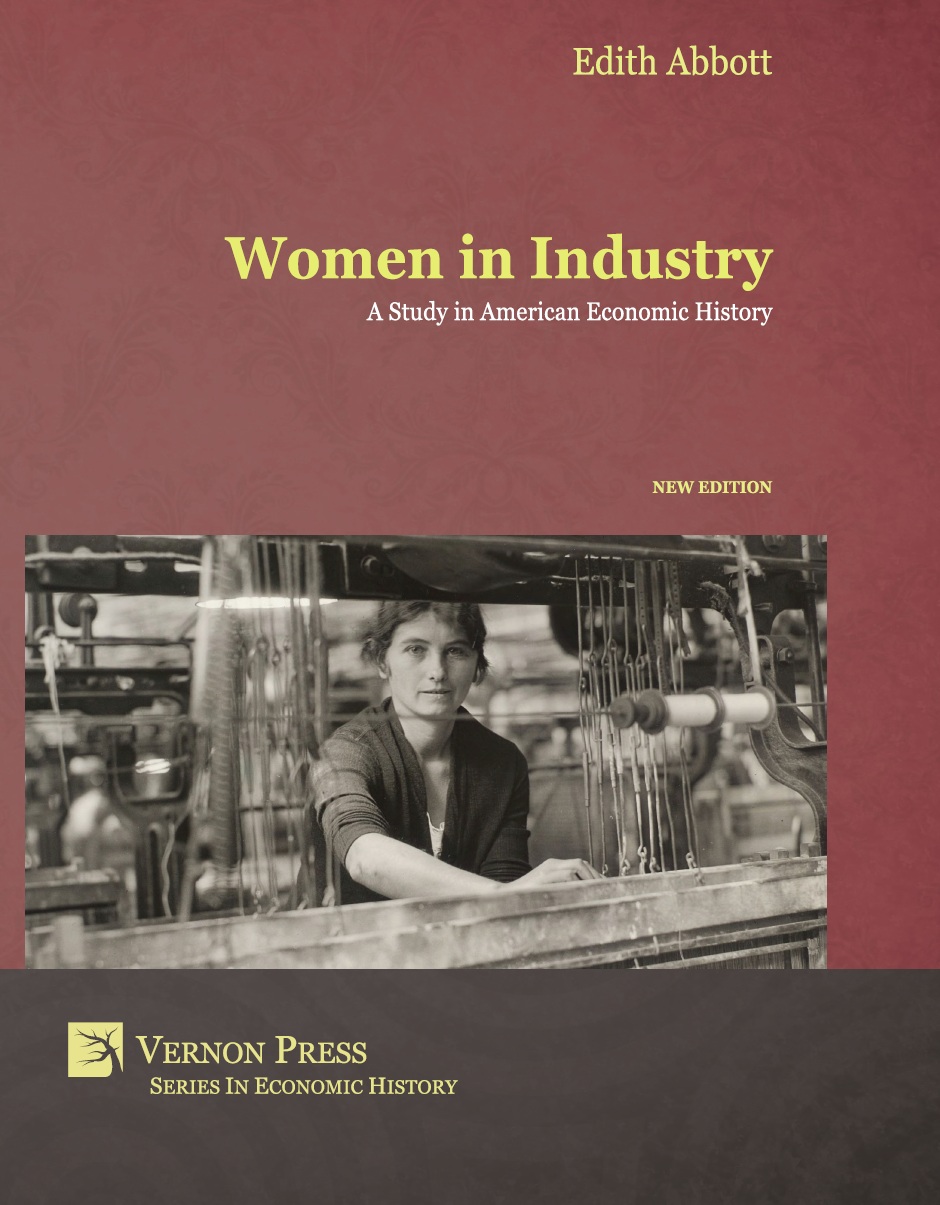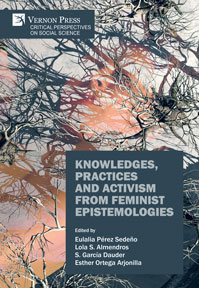Purchase this book
(click here to change currency)
Praise for the first edition of Women in Industry
"Scholarly and exact [...] a painstaking piece of historical work [...] Much additional information upon the subject has been unearthed since Dr. Abbott's studies were completed, but her essential statements and conclusions stand the test of new facts and new contemporary evidence."
Helen L. Sumner, Political Science Quarterly, Vol. 26, No. 3, September, 1911
"...all in all, Miss Abbott's work is an excellent one for which students of economic history must be sincerely thankful."
John K. Towles, The Economic Bulletin, Vol. 3, No. 2, June, 1910
Women in Industry is a critical examination of labor history of women in the United States from colonial times to the turn of the 20th century. Since its first publication a century ago, it has received hundreds of citations and had a formative influence in fields as diverse as labor history, gender studies, and economic history methodology. Women in Industry examines working conditions, wages and other forms of compensation across industries and professions. While firmly rooted in economics, Abbott does not overlook the social causes and implications of shifting patterns of female employment nor the organized opposition such changes attracted by established interests. Using masses of carefully compiled evidence, Abbott's work forcefully made the point that, contrary to popular belief, women did not suddenly replace men in industrial employment sometime in the 19th century. Rather, women and children were a regular and prominent feature of American industries in general and manufacturing in particular. Forming the first comprehensive account of female employment in a developing manufacturing economy, Abbott's extensive primary research and dispassionate interpretation make this essential reading for students of economic history. Academically rigorous yet accessible, Women in Industry remains unsurpassed in the reach of its coverage and the depth of its scholarship: It is fairly recognized as a timeless work and a source of inspiration for contemporary economic historians everywhere.
Introductory Note
Preface
Chapter I - Introduction
Chapter II - The Colonial Period
Chapter III - The Period of Transition
Chapter IV - The Establishment of the Factory System
Chapter V - The Early Field of Employment
Chapter VI - The Cotton Industry
Chapter VII - Early Mill Operatives: Conditions of Life and Work
Chapter VIII - The Manufacture of Boots and Shoes
Chapter IX - Cigarmaking
Chapter X - The Clothing Industry
Chapter XI - Printing
Chapter XII - The Problem of Women’s Wages
Chapter XIII - Public Opinion and the Working Woman
Appendix A - Child Labor in America Before 1870
Appendix B - Concerning the Census Statistics of Industrial Employment
Appendix C - Tables of Women’s Wages in the Cotton Mills
Appendix D - Early Corporation Rules and Regulations
Appendix E - List of Occupations in Which Women Were Reported to be Employed 1900
Appendix F - Trial Bibliography of Books and Magazine Articles relating to the industrial employment of women in England and America INDEX
Dr. Edith Abbott (1876-1957) was born in Grand Island, Nebraska. Trained as an economist (University of Nebraska, University of Chicago and London School of Economics), Abbott was a prominent author, social worker and educator. Abbott became known as the "passionate statistician", a testament to her distinguished scholarly work and conscientious commitment to the improvement of social conditions. In her writing, Abbott stressed the essential need of a public welfare administration, the need for a more humane social welfare system, the responsibility of the state in relation to social problems, and the social aspects of legislation.
Having made several seminal contributions to economic history and social work, Abbott's ideas and influence extended to the formulation of social policy, reflected in a string of legislative initiatives introduced throughout the 1930s.
However, Abbott is perhaps best known for her contribution to the establishment and recognition of social work as a profession. At the time of Edith Abbott's death, Wayne McMillen of Social Service Review wrote, "History will include her name among the handful of leaders who have made enduring contributions to the field of education. Social work has now taken its place as an established profession. She more than any other one person gave direction to the education required for that profession. Posterity will not forget achievements such as these."
women, industry
See also
Bibliographic Information
Book Title
Women in Industry
Book Subtitle
A Study in American Economic History
ISBN
978-1-62273-000-1
Edition
1st
Number of pages
304
Physical size
236mm x 160mm







